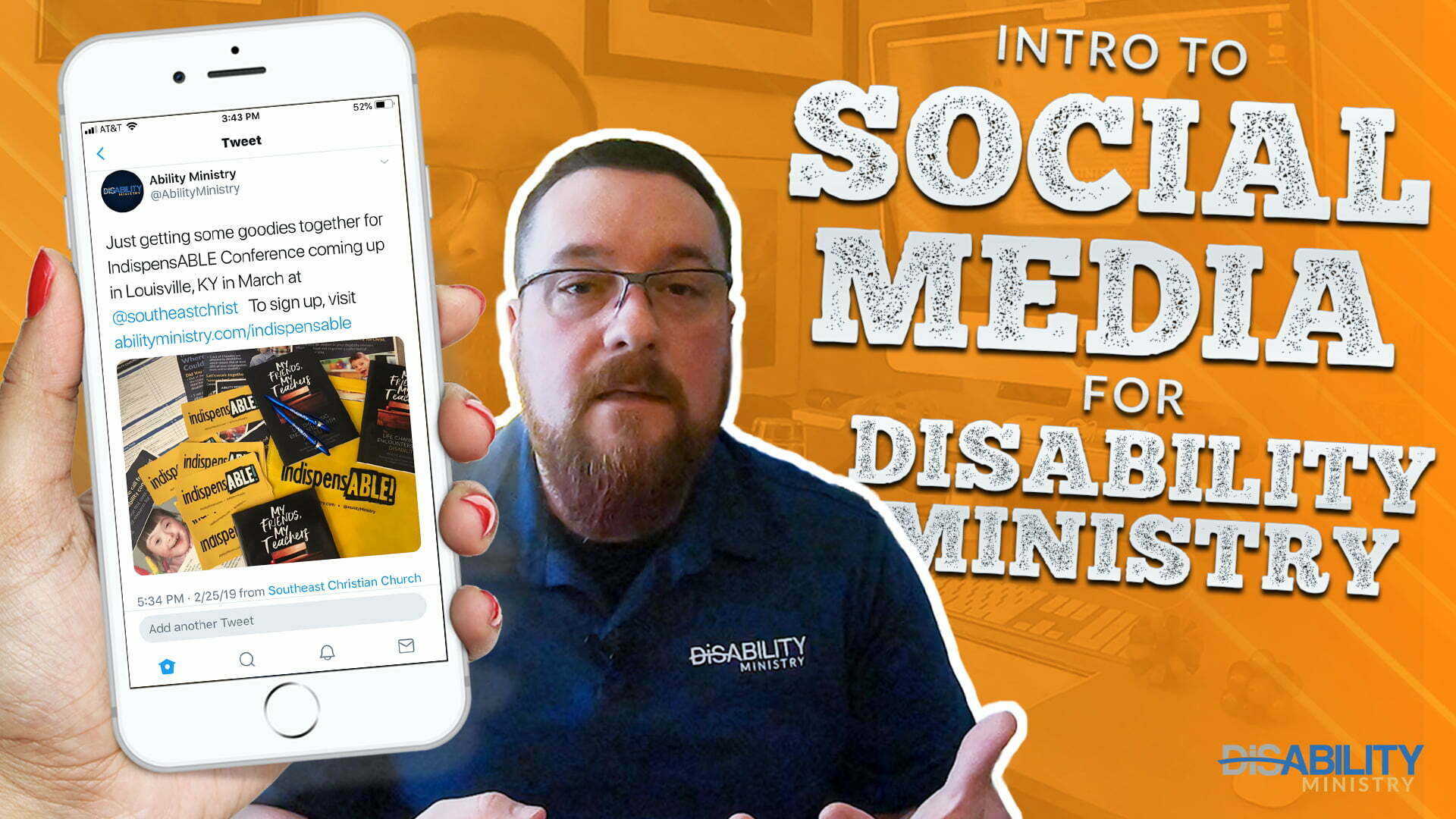

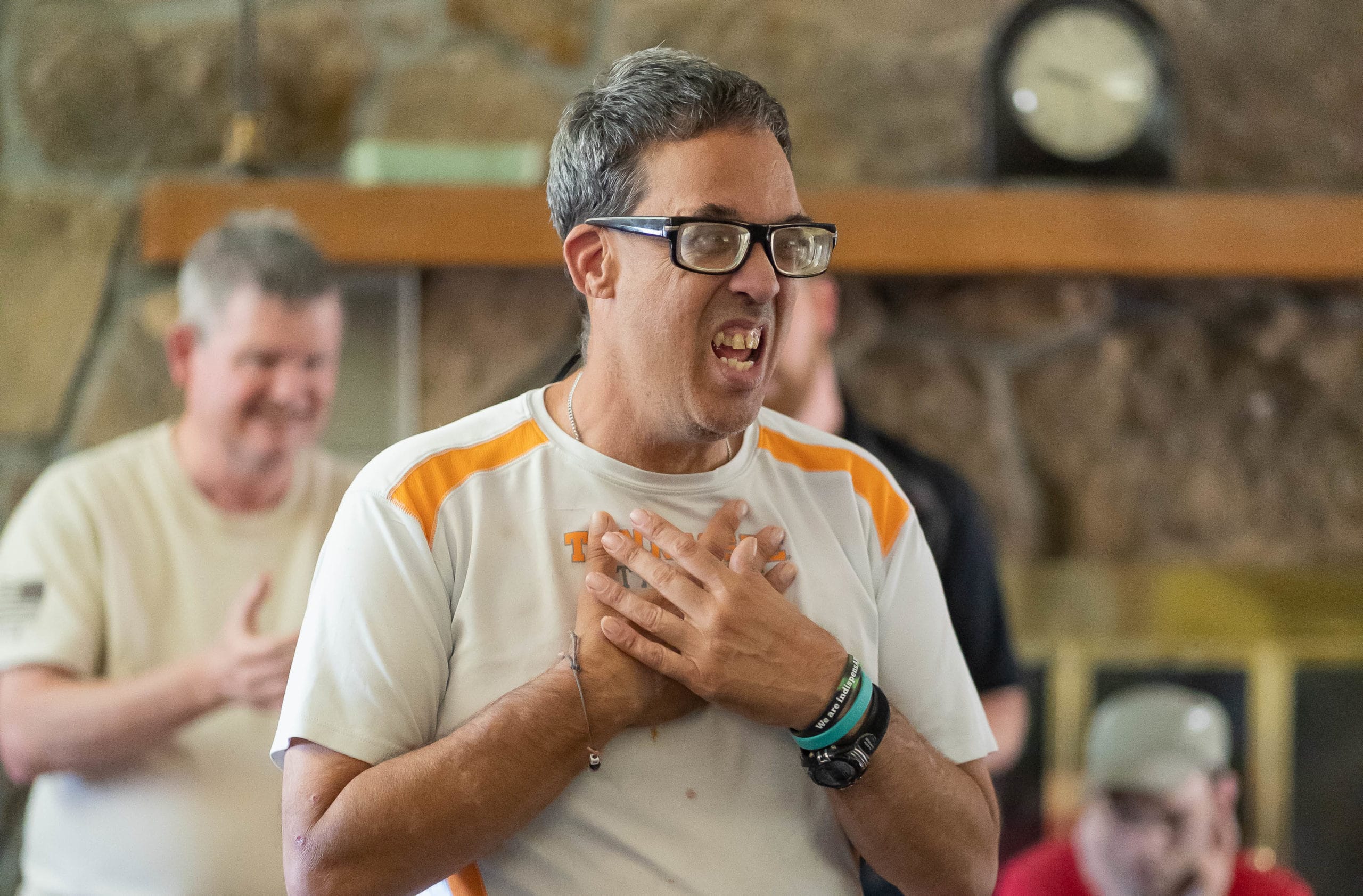
The Complete Guide to Building Your Disability Ministry.
If you're ready to see your church start reaching the 25% of the population with a disability, you're in the right place. Churches that invite and involve the disability community instead of ignoring them are growing.
The disability community is a mission field. That's because people affected by disabilities are far less likely to attend and stick with a church. Yet you can help change that. By following this guide, you'll have the tools and support to get a disability ministry off the ground and make an eternal impact.
Phase 1: Build A Strong Foundation for Your Disability Ministry.
Phase 1 is 100% about partnerships. Disability Ministry is not a lone ranger ministry. If you go at it alone, you will fail. You must lock arms with God and with others as you lay the foundation for your new ministry. Your foundation is found in the truth. Study it with others. Pray together.
Pray.
Gather A Team.
Learn about disabilities and demographics.
Use these Resources:
PDF: What does the Bible say about disability?
Phase 2: Do A Church Study.
Don't worry, this doesn't mean months of intensive research or thousands of dollars from your budget. What it does take is some thoughtful, honest conversations for you and your team.
Take the IndespensABLE Church survey.
Find out who you have already in your congregation affected by disability. The CDC reports that 1 in 4 adults lives with a disabilities.
Assess your church's accessibility.
Use these Resources:
PDF: Church Accessibility ChecklistPhase 3: Do A Community Study.
Disability does not discriminate. The disability community surrounds you. This step will help you to find data about your specific community. Gather real numbers and begin praying specifically for those numbers.
Do A Census Study.
Do A School Data Study.
Start with the link in the Resources section to search your area.
Identify and meet with community leaders.
Ask yourself, “Who are the leaders in your community?” Here are some ideas of people who you might talk to:
- The Director of Special Olympics
- Superintendent of your County Board of Developmental Disabilities
- Special Education Department Head
- Local ARC Board
- Your Mayor
Don't psyche yourself out before you reach out! In the worst case scenario they'll simply say, “No.” In many instances, though, local leaders will be delighted that someone is taking interest in serving the local disability community.
During your meetings ask, “How can we be a blessing with no strings attached?” Identify what needs you can readily meet and start building trust chips in your community by meeting those needs. Finally, deploy volunteers and the team you recruited to help start meeting those needs in the community.

Phase 4: Schedule A Church Family Meeting.
Invite people from your congregation who you identified in your church survey as those affected by disability. The intent of this meeting is for additional fact-finding and gaining buy-in from families in your congregation by allowing them to steer the direction of your launch by offering valuable insight and feedback.
Let's be explicitly clear: This meeting is not to be used for the announcement of specific disability ministry launch plans (even if you think you know where God is leading you). With that said, here's a strategy to help you lead the family meeting...
Share what you discovered.
Review the data collected in church and community study
Listen to your families.
Spend most of the meeting allowing families to speak as they answer the following questions. Take careful notes. God will reveal powerful truths about your church and community.
Here are 7 key questions to ask:
- What is your biggest need as a family?
- What is the biggest need in the disability community?
- What are your hopes and dreams?
- What does our church do really well?
- What are areas that your church could improve in?
- If our church could do only one thing to be a blessing for your family, what is it?
- What can you do to help our church?
Find the common themes.
Listen for the words or ideas that are repeated multiple times and by multiple people. Have someone take thorough notes so you can find the common ground among your families.
Make no promises.
Refrain from saying what you will or won't do. If you're not sure how to reply, instead of saying, "Yes, we will do that," or "We'll definitely look into this," say something like, "Thank you for your insight and experience on this. It has been really helpful to hear from you."
Pray.
Take time to pray with and for your families. Don't be afraid to pray for the specific needs that families brought up.
Find your starting point.
Remember you can't do all the things presented in this meeting on day one of your launch. (That is perfectly okay!) Start small. Choose to do one or two things really well, and then build on those successes.
Phase 5: Schedule A Disability Ministry Consultation.

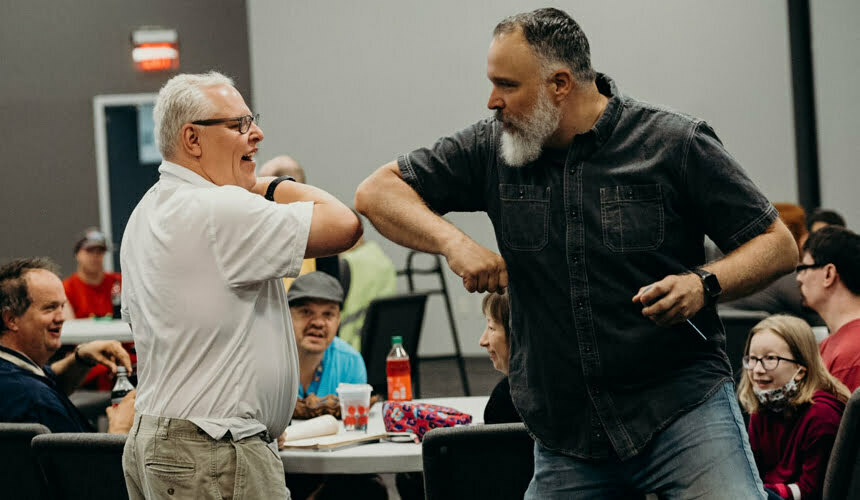
Phase 6: Train Your Volunteers.
Phase 7: Launch Your Disability Ministry.
Your starting point might be a Respite Night, a Buddy System in your Children’s Ministry, a class for adults with disabilities, or something completely different. Regardless of what your launch looks like we can help you!
How to collect family info
PDF: Child Information Fill-In SheetHow to collect teen and adult info
PDF: Teen & Adult Information Fill-In SheetHow to teach a disability ministry class
How to fill time in a disability ministry group or class
The best Bibles for disability ministry
How to manage a disability ministry classroom
How to schedule online disability ministry meetings
Get started with all of the forms and documents you may need
Phase 8: Market Your Ministry.
You will make mistakes along the way. That is unavoidable. Make those early mistakes with the people you already have bought into your church family. They will be more forgiving than a first-time guest.

Develop a social strategy.
Add your ministry to your website.
Provide a walkthrough.
Offer pre-registration.
Phase 9: Organize A Key Event or Initiative
That being said there are a few things that can be a catalyst for growth in your ministry like big events or initiatives. Circle back to your church and community studies. Zero in on one of the big needs that were presented to you in meetings with families and leaders from the Disability Community. Meet a top need in your community.
Don't just make this a one-time thing. Routinely circle back to these big opportunities to make a difference in your community.
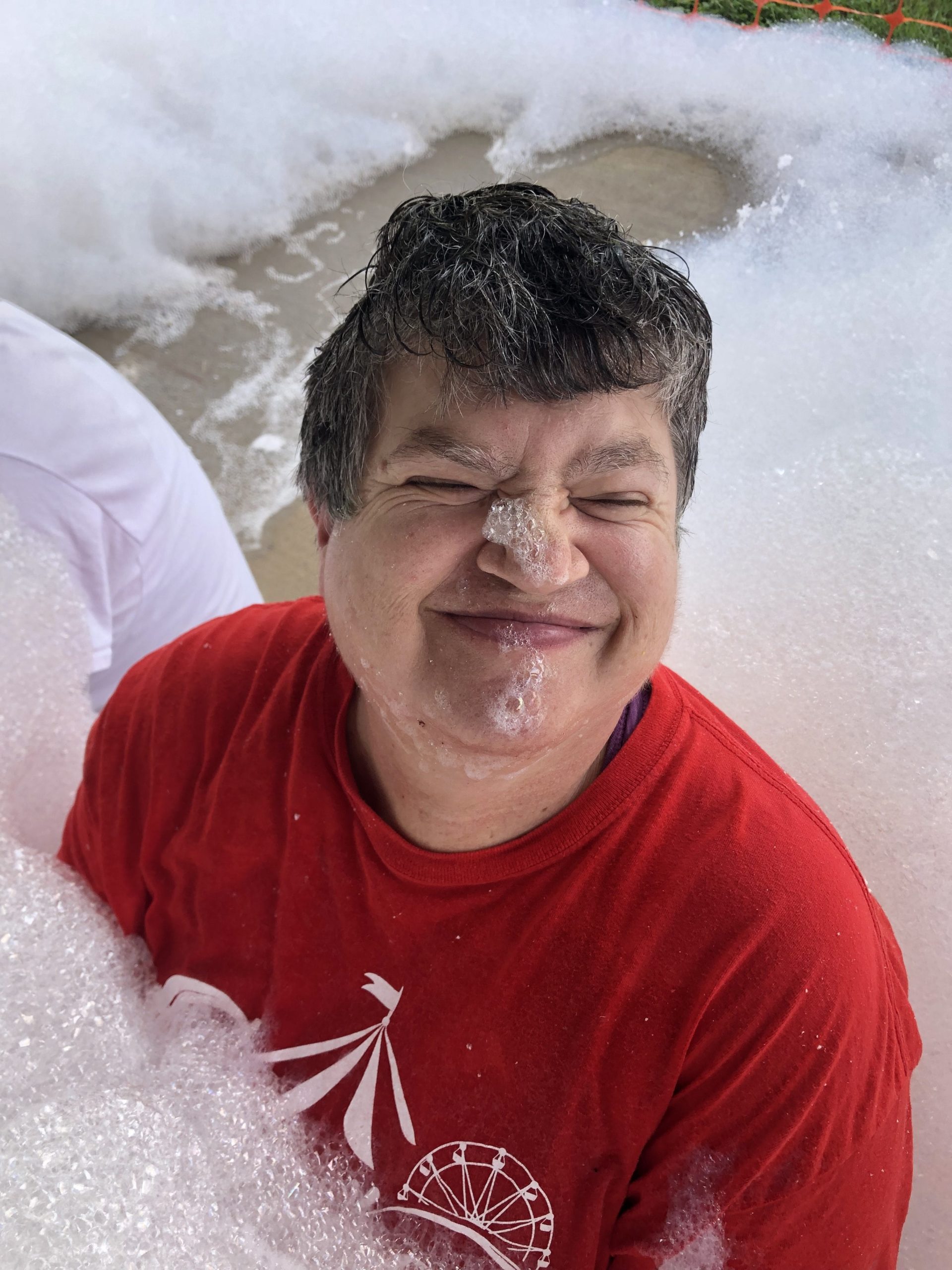
3 Ideas to Get Started

Prom Night
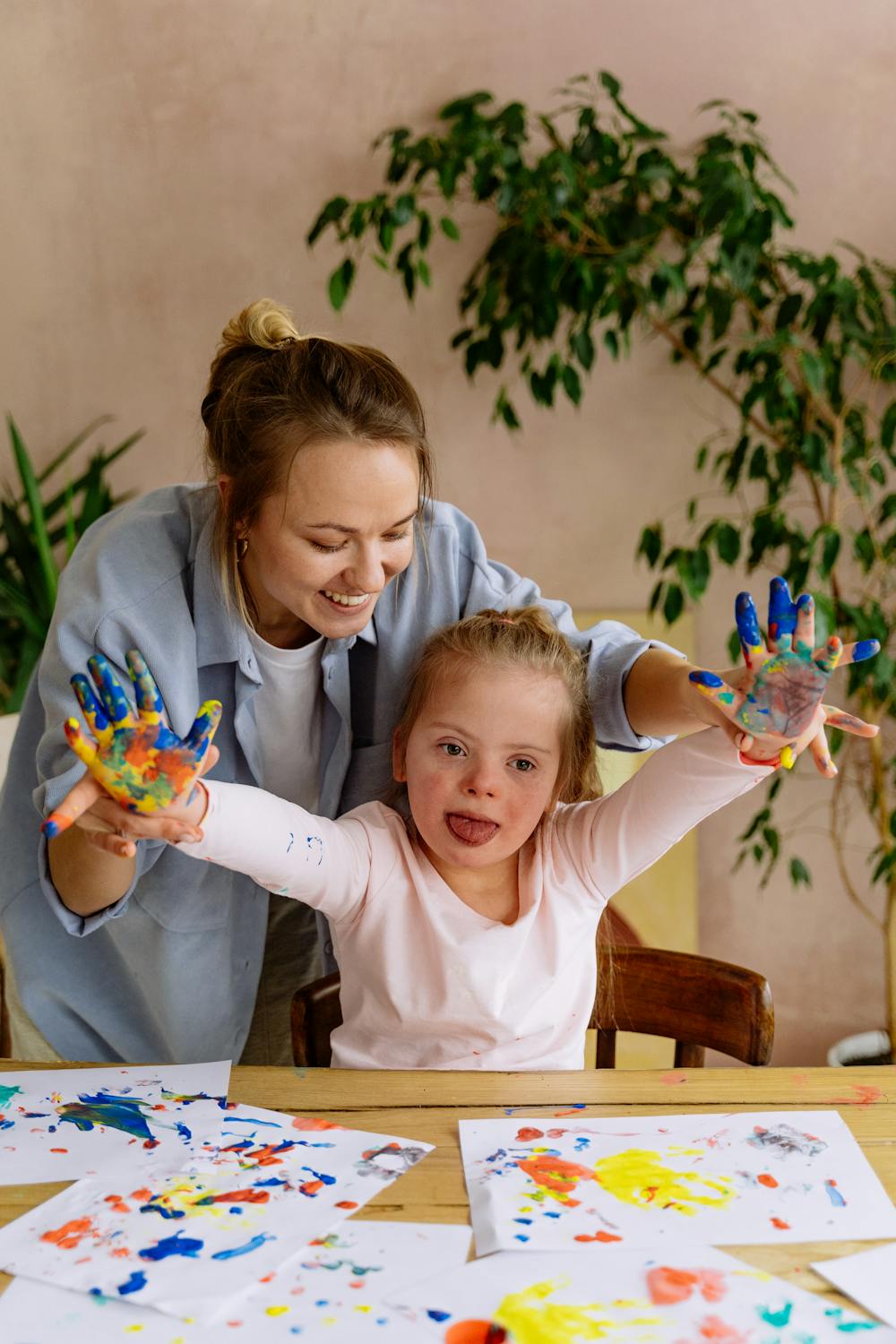
Respite Night
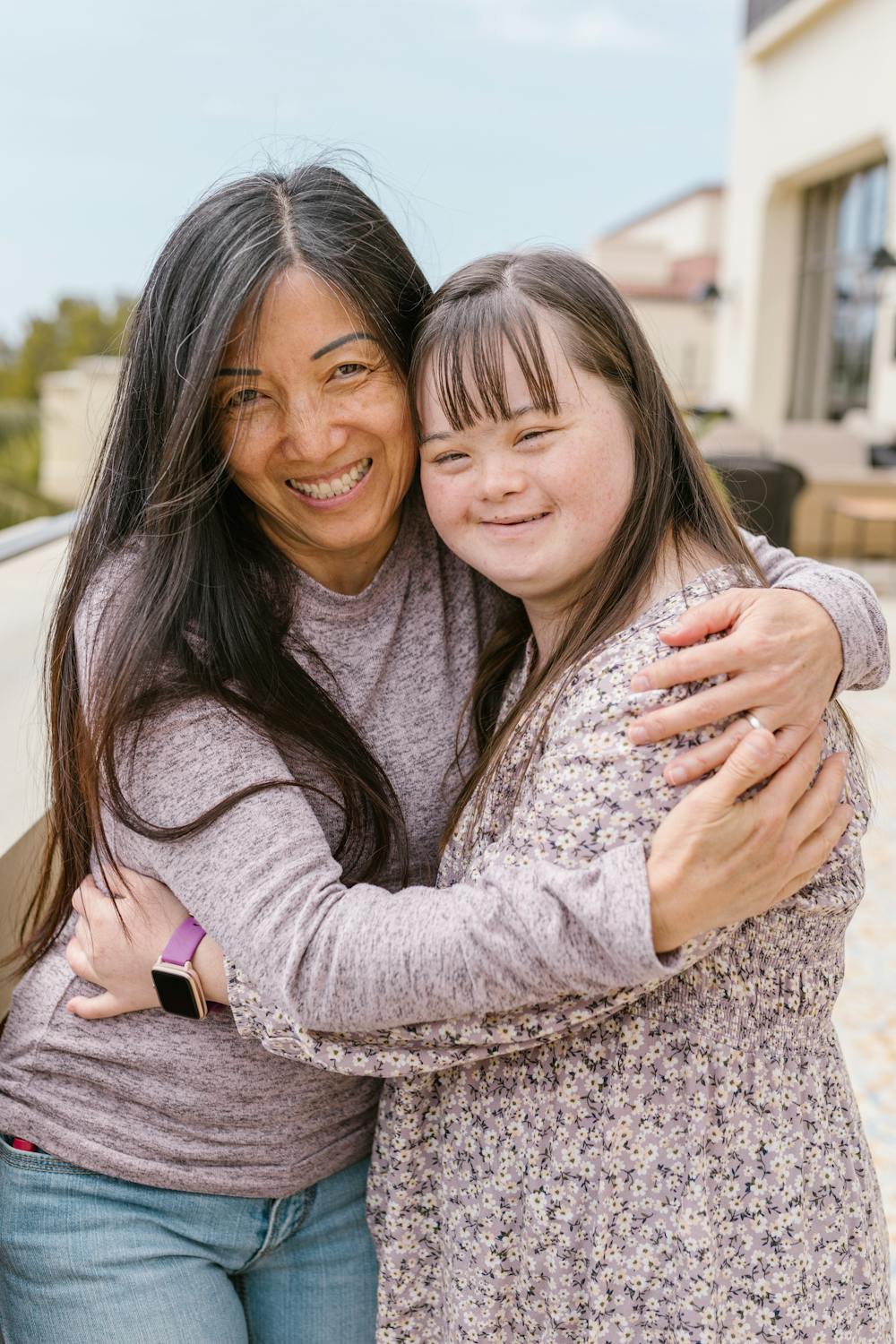
Volunteer Guardianship
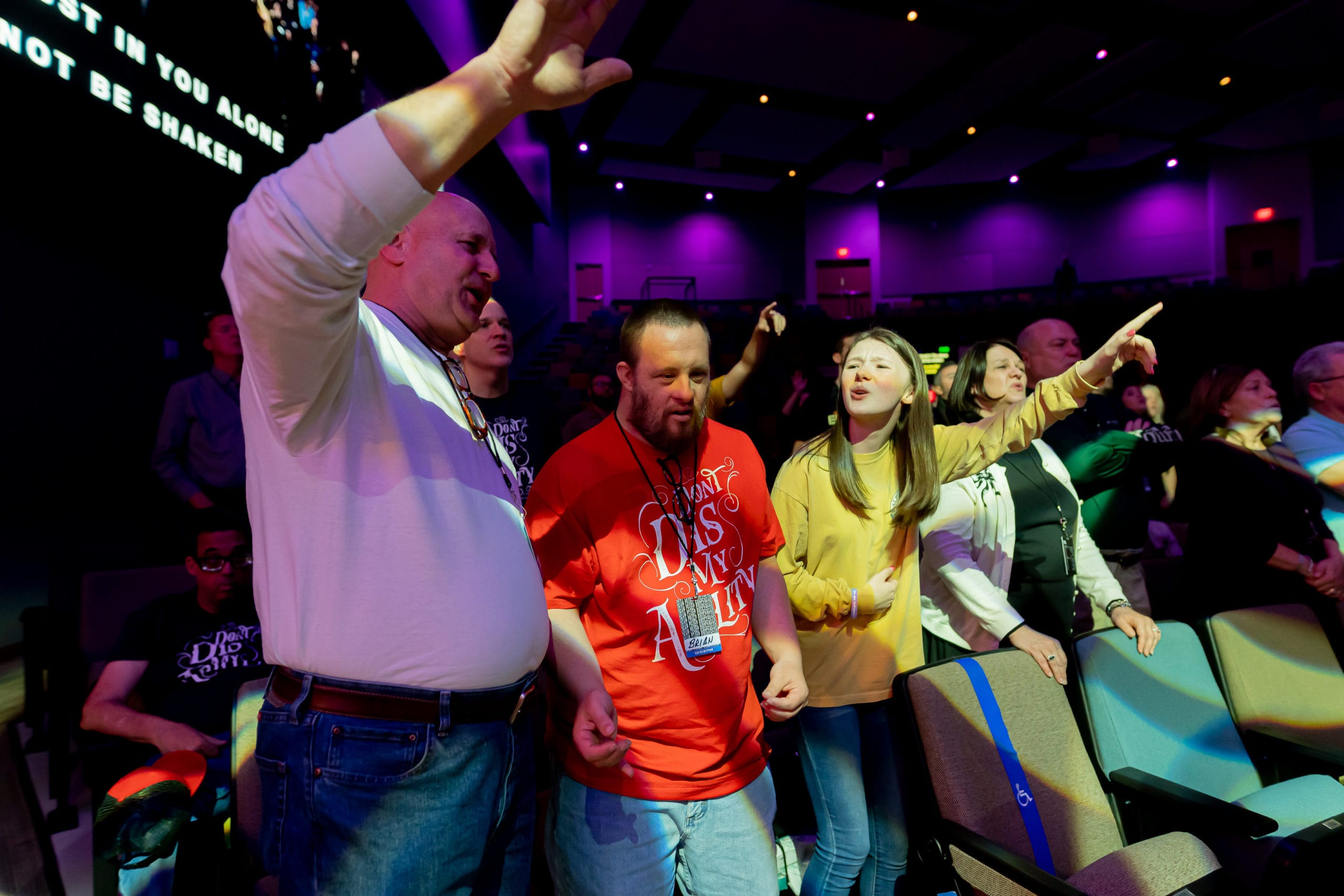
Phase 10: Host A Disability Ministry Sunday.
What is a Disability Ministry Sunday? Think of a Youth Ministry Sunday on steroids! It is far more than just an “awareness” Sunday.
It is a Sunday set aside to celebrate victories. It is a time to allow individuals from your Disability Community to take center stage and use their spiritual gifts to build up the body of Christ. It is a time to highlight for the congregation the impact you are having in your community.
Disability Ministry Sundays will act as catalysts of growth for your Disability Ministry and serve as a great volunteer recruitment tool.
Final Thoughts: Keep Meeting Needs.
There is no finish line in Disability Ministry. There is no point where you will be able to say we have arrived and accomplished everything we could accomplish. Do not let that discourage you. Use it as fuel.
Continue to circle back to past conversations with community leaders and church family members. Have new conversations and identify new needs that have yet to be met.
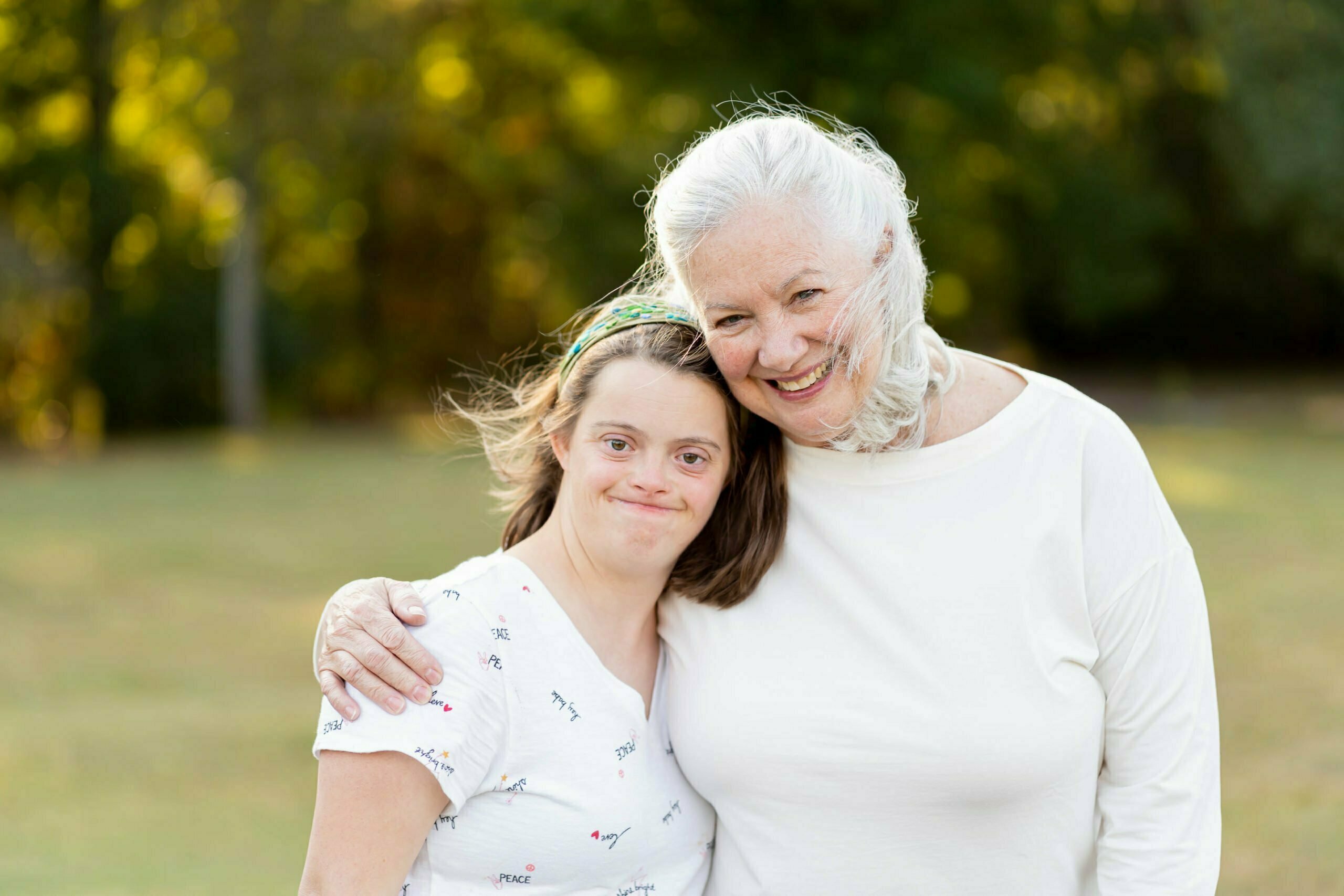
Now that you've completed the guide... Here are some further next steps for you.
Browse.
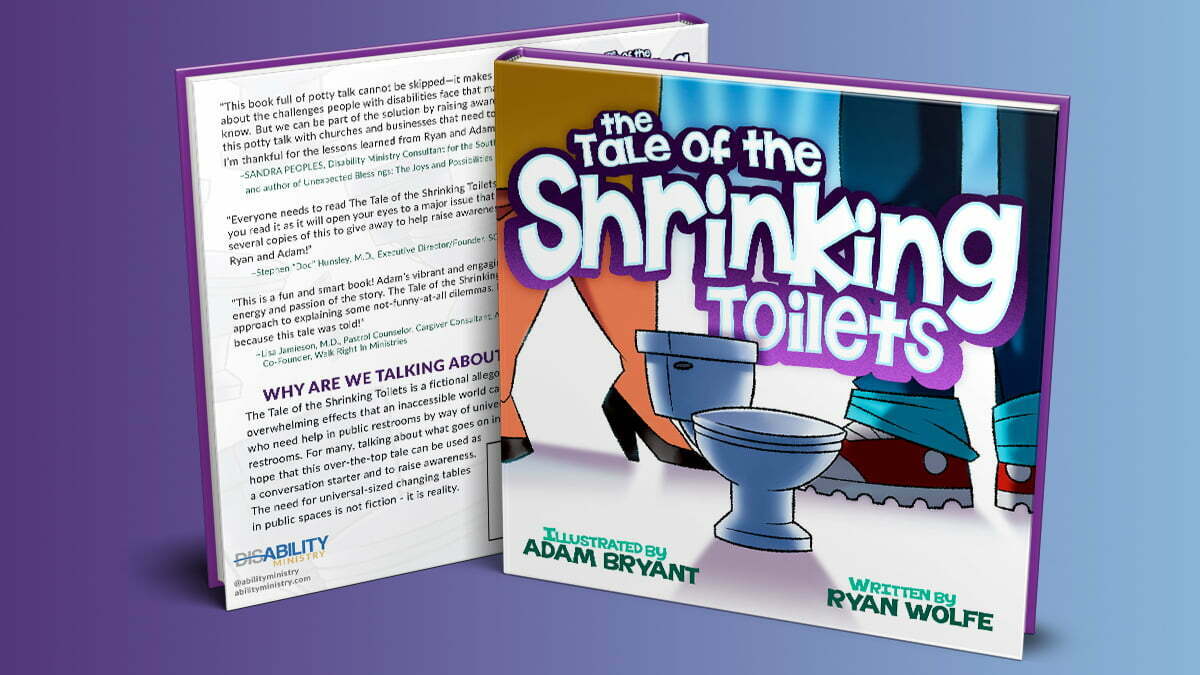
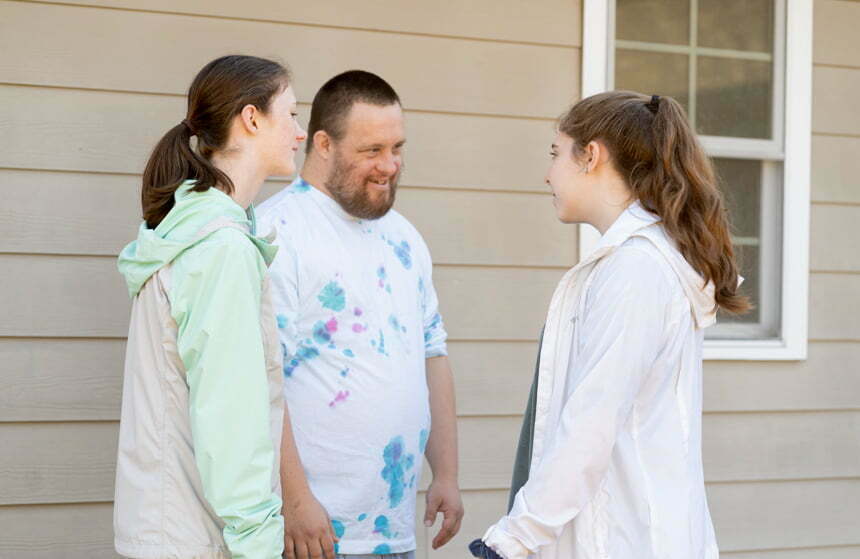
Connect.
Support.
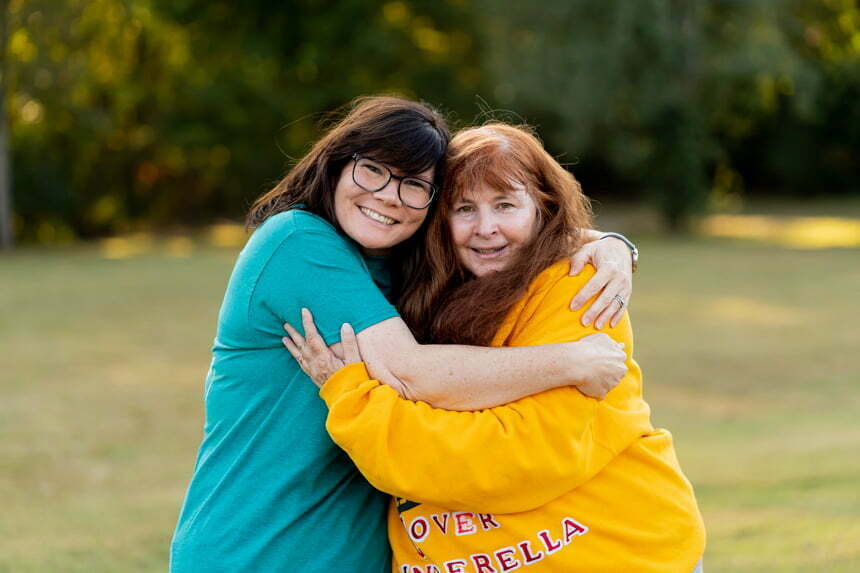
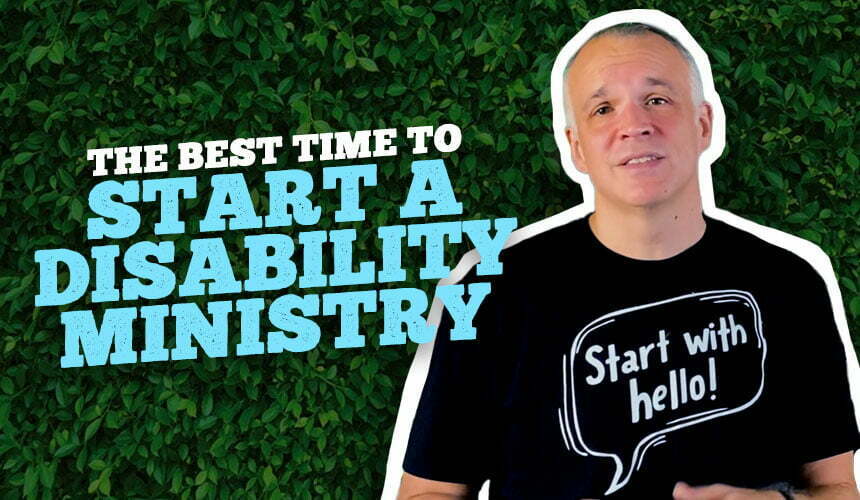
Download.
